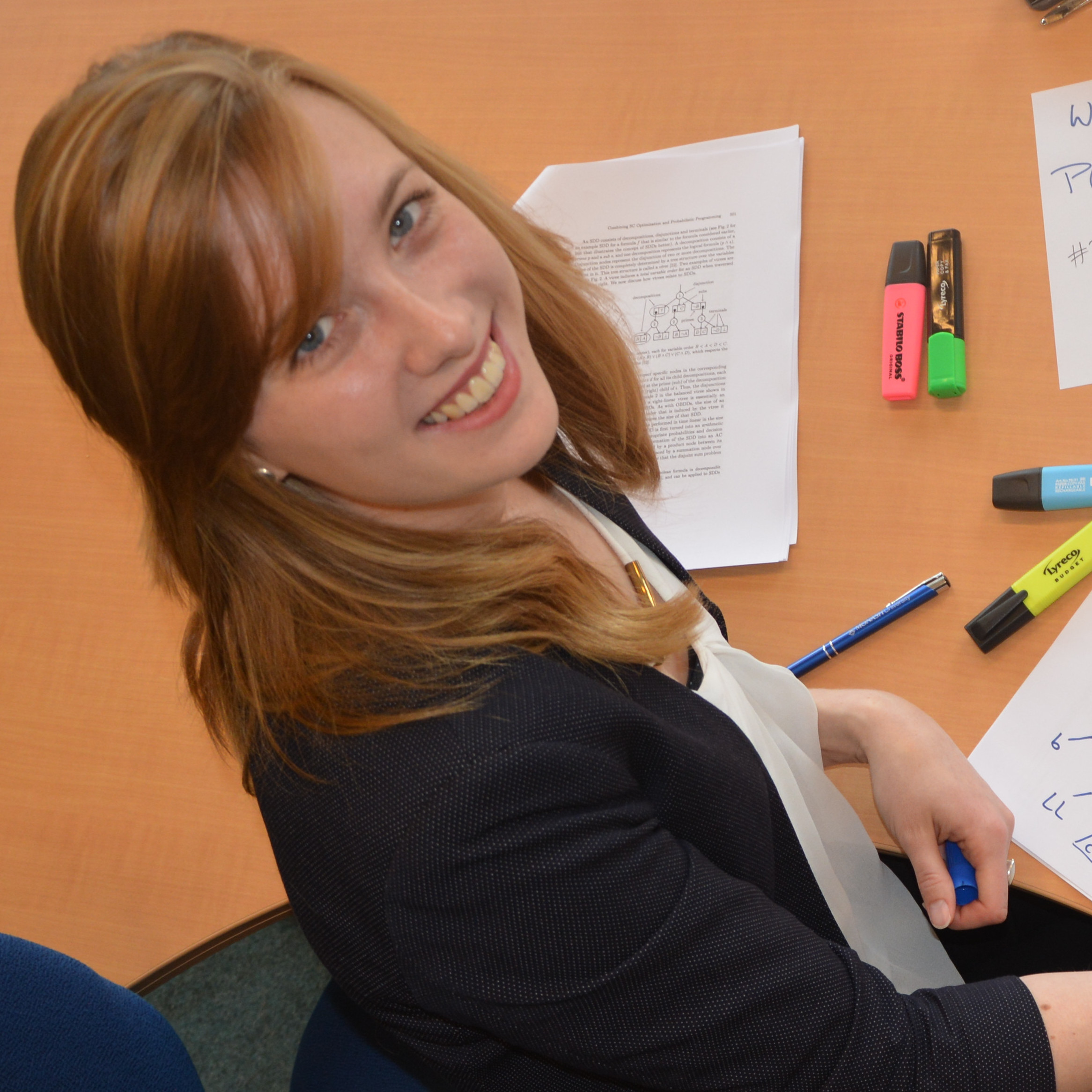Sreevidya Iyer joins the team
Published:
2 minute read
Welcome to my new MSc student, Sreevidya Iyer, whose thesis project I will be supervising with Dr. Emir Demirović!

About Sreevidya
Sreevidya obtained a Bachelor’s degree in Computer Engineering from the Vivekanand Education Society’s Institute Of Technology. After three years of working in the Finance industry as a Software Engineer, she came to TU Delft to pursue a Master’s in Computer Science. Her strong technical skills, interest in societal problems, and methodical work ethic make her an ideal student to tackle this project.
The Project: Anonymising Social Networks
Sreevidya will be continuing a line of research that I have recently explored with my colleagues from Leiden University (Dr. Frank W. Takes and Rachel G. de Jong), and one of my other students (Denisa Arsene), where we explored methods for the anonymisation of social networks.
Anonymising social networks is important for the Social Sciences. Once social scientists have obtained a social network through their research, they typically want to share that network with other scientists, so they can study that network also. However, they have the obligation to protect the privacy of the people in that network. Simple pseudonymisation is typically insufficient, since the neighbourhood structure of each node can reveal a lot of information. Some online social networks allow you to inspect other people’s connections, thus providing access to structural information about the neighbourhoods of those people in the shared social network.
Hence, to protect people’s privacy, researchers can alter the network structure, to minimise the number of nodes that have the same neighbourhood structure, hence ensuring some level of anonymity. However, these changes should be minimal, as they might affect interesting network properties, like centrality and connectivity.
The literature studies different attack models and different measures for data utility. These all come with bespoke algorithms that are implemented in different languages and evaluated with different protocols, making it difficult for a user to predict the trade-off of privacy vs data utility for different attack models, data utility measures, network alteration strategies, and properties of the input network.
Sreevidya will develop a prototype of a framework for users to explore these trade-offs in a user-friendly, declarative constraint programming paradigm. I am much looking forward to my collaboration with her, and with Dr. Demirović’s group!
